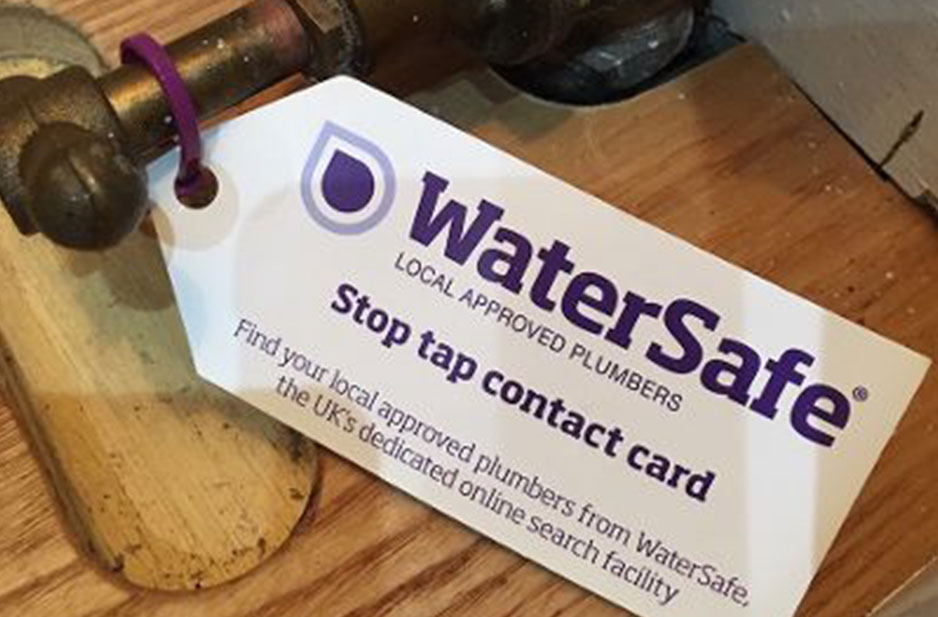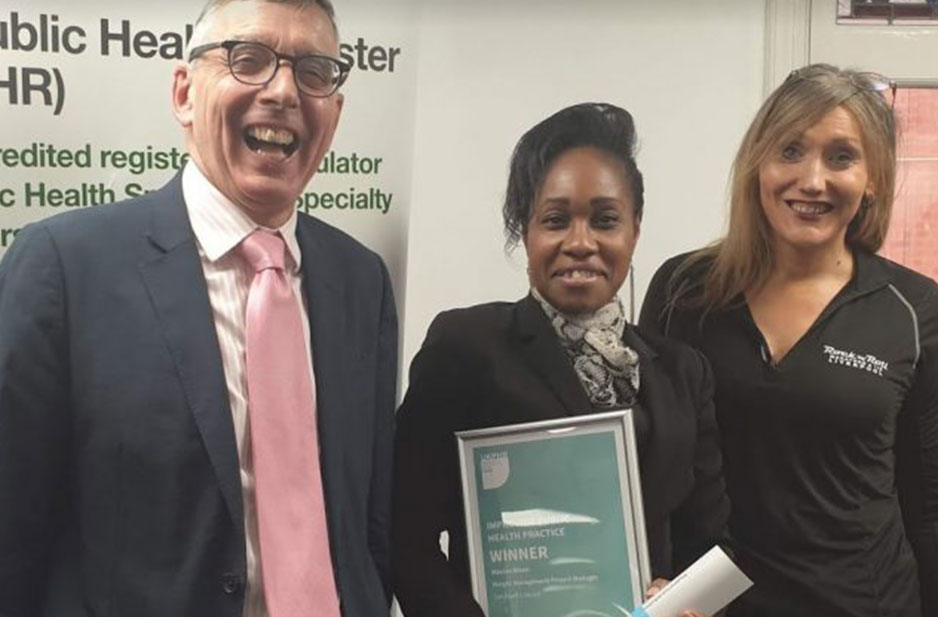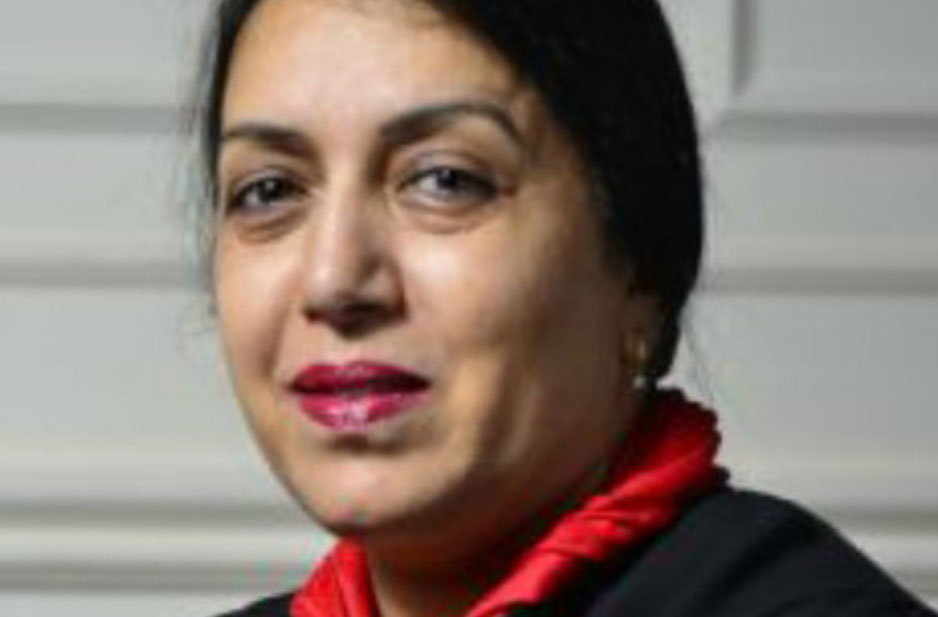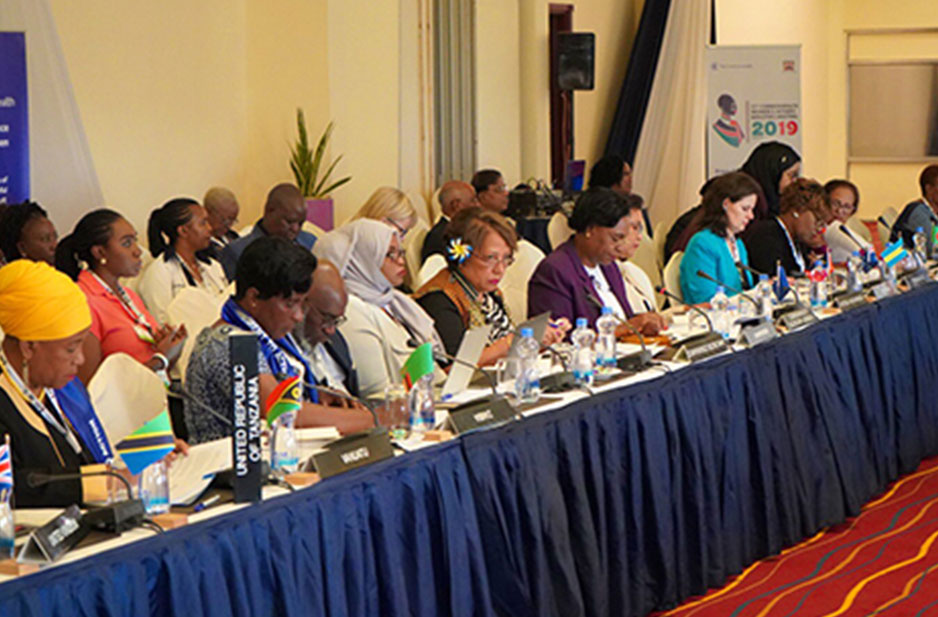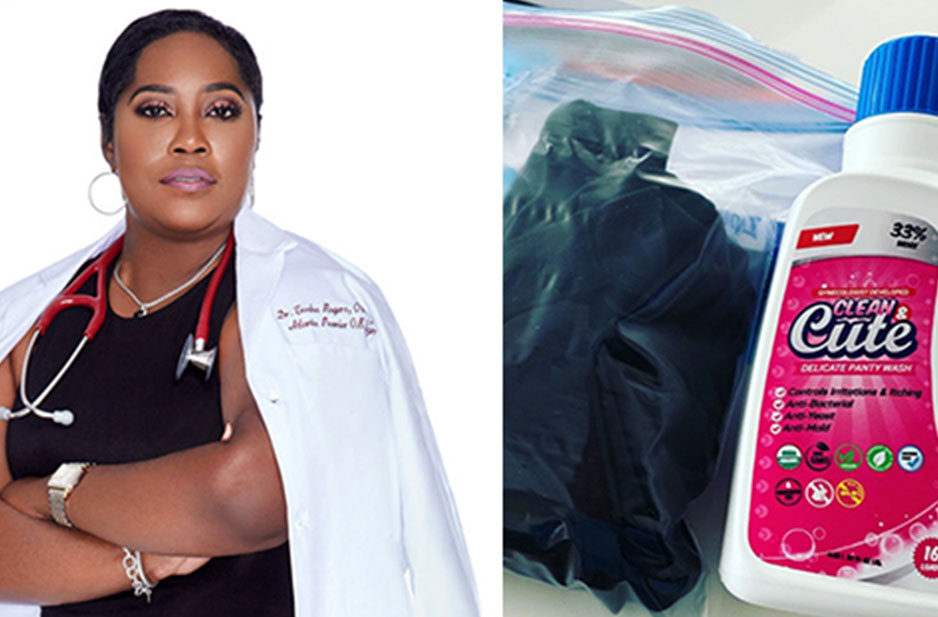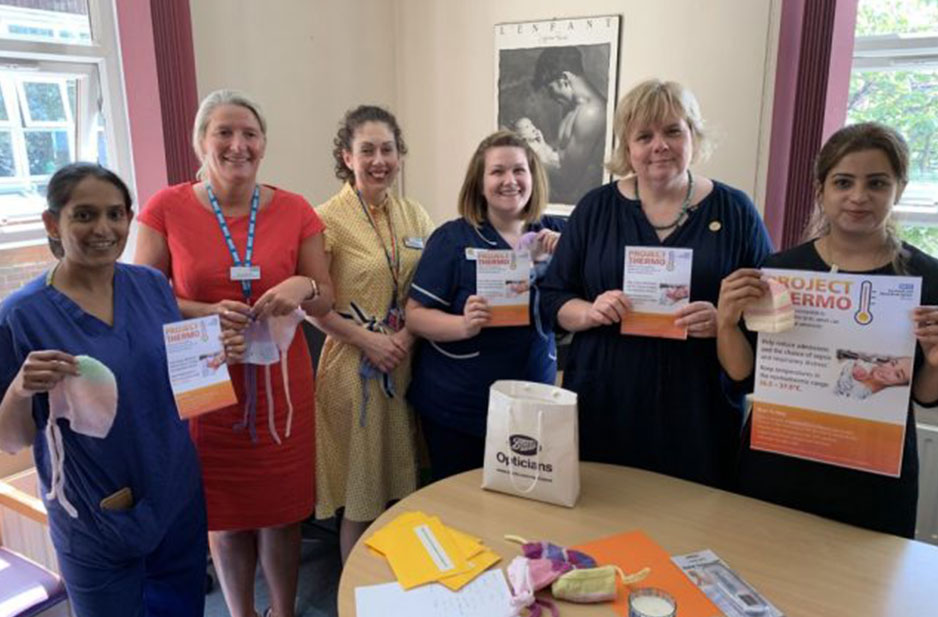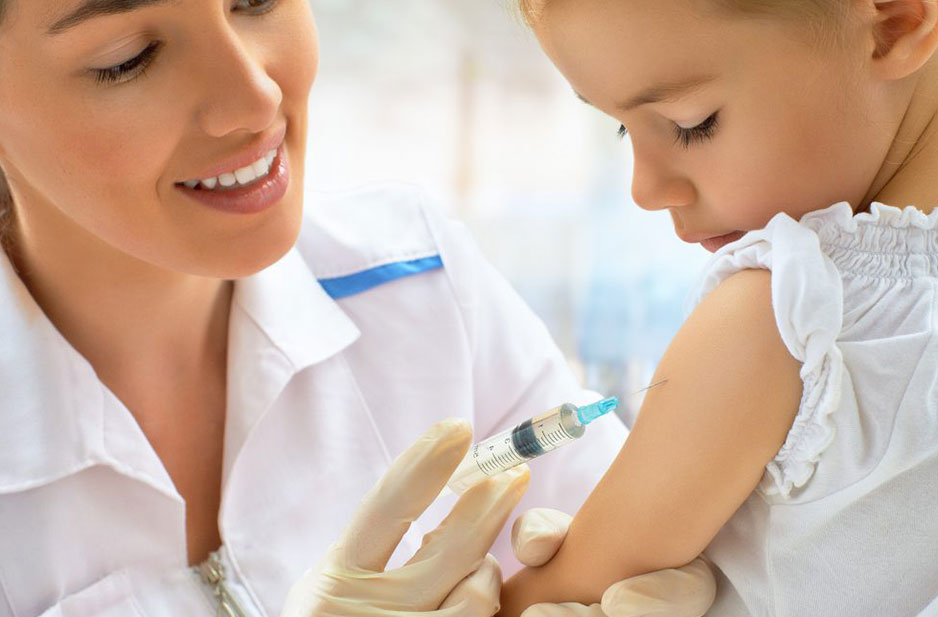66% Of British men wear make-up, a study shows. The Average person spends £570 a year on skincare. Men are significantly more likely to have started using skincare products after their mothers recommended it and are almost twice as likely to use certain products because their mums told them to.
To celebrate the launch of its latest skincare innovation, the Crème Prodigieuse Boost range, leading natural skincare brand NUXE Paris commissioned research on the ins and outs of British skincare, with 78% of respondents think it’s important to follow a skincare regime. The results show that men are more polarized in their views than women with 42% compared to 39%.
TV Presenter and DJ Vogue Williams, who is married to TV Personality and Masterchef finalist Spencer Matthews, said: “Spencer is always stealing my skincare stuff. Drives me mad. And he always manages to use up all the best stuff. He won’t wear any make-up himself even when he’s on TV, but I think most men would benefit from using bit of concealer!”
One of the biggest concerns about skin from the respondents is ageing and wrinkles (39%), followed by dryness (38%). Females were more concerned with ageing (47%) compared to only 16% of men. Despite being concerned with ageing, on average women don’t believe you should start using anti-aging products until they’re 30-something.
Ingrid Pernet, Scientific Communication Director at NUXE, comments, “Even if you don’t see any recognisable ‘signs’ of ageing on your skin in your 20s or 30s, everyday skin stresses, such as general fatigue, pollution and UV rays all increase free radicals, leading to a breakdown of collagen and gradually inducing wrinkles overtime. That’s why it is so important to start using a dedicated anti-aging range as soon as possible - at the age of 25 as an absolute maximum. You really need a routine that is rich in anti-oxidant, active ingredients to protect your skin from accelerated ageing.”
32% of all respondents are concerned about having dull or tired skin, and a further third (32%) are concerned with dark spots, dark circles or pigmentation. Skin sensitivity (29%), spots or acne (22%), uneven skin (20%), sun exposure (19%), pollution (18%) and oil build-up (14%) also came up.
Just over half of the respondents (54%) feel that the most commonly bought skincare products was day moisturiser. Popular products following closely behind, consisted of face cleanser (39%), face wash (38%) and night moisturiser (36%), as were micellar water (32%), exfoliating scrubs (28%), SPF or sun cream (28%) and makeup removing wipes (25%).
80% of respondents say moisturising is part of their daily skincare routine. French and British people spend an average of 19 minutes a day on their skincare regimes. Those who don’t value a skincare regime at all spend an average of just three minutes a day taking care of their skin. On average, men spend longer on their skincare routine, be this washing, moisturising, or using skincare products, than the women polled. Male respondents on average report spending 23 minutes on their skincare routine a day, compared to the 17 minutes spent on average by females.
14% of respondents say they change the brands from which they buy skincare products ‘all the time’, because they like trying out new products from different brands. 18% switch brands because they like to try new products. A quarter (25%) say they rarely switch skincare brands, preferring to stay loyal to their chosen brands, and 19% never change brands, saying they prefer to stick with what they know.
Female consumers are far more loyal to skincare brands than male consumers are. 46% of female respondents and 37% of male respondents rarely or never switch the skincare brands they use; men are more likely to ‘stick with what they know’, whereas female respondents are more likely to stay with a particular brand out of loyalty.
When it comes to researching skin products before making purchases, 35% say they spend a few minutes looking online, while 18% say they tend to spend a long time checking reviews to make sure they’re buying the right product. French respondents are more likely to take their time researching before making a purchase (20% versus 16%).
Value for money is the most important feature consumers look for when choosing skincare products and over half (51%) of respondents feel this is the case. 33% like to know it’s healthy and safe for their skin, and 32% want to ensure that a product is animal cruelty-free before buying it. Other key features consumers look for are natural, plant-derived or organic ingredients (30%), the pleasure of use, be this the fragrance or texture (27%), the ingredient list (27%), and good reviews online (26%).
When those who ever wear makeup were asked if they ever sleep with it on, 55% report having done this. This is most common amongst younger makeup wearers, with 68% of makeup wearers under the age of 25 having done this, compared to just 36% of makeup wearers over the age of 65.
57% of respondents who believe that following a skincare regime is “really important” have fallen asleep in their makeup. Men who wear makeup are also more likely to have fallen asleep without properly removing it- 60% of male respondents and 54% of female respondents say they’ve done this. French respondents are also slightly more likely to report this behavior- 58% of respondents in France and 52% of those in the UK have slept with their makeup on.
When those who have slept in their makeup without properly cleansing were asked the reasons why they sometimes do this, the most common responses were simply forgetting to remove it (38%), or laziness (37%). 34% have done this when they’ve accidentally fallen asleep, 22% haven’t removed their makeup before sleeping when they’ve been too drunk, while a further 22% feel that it won’t make too much of a difference, or feel that they don’t have too much to wipe or wash off (22%). 16% have done this only when they’ve run out of makeup remover.
British respondents are significantly more likely than their French counterparts to have forgotten to remove their makeup when drunk (28% versus 17%), or because they’ve felt it won’t make much of a difference (28% versus 16%). French respondents, by contrast, are more likely to sleep in their makeup when they forget to remove it (41% versus 35%), or because they feel that they don’t have much to remove in the first place (23% versus 20%).




